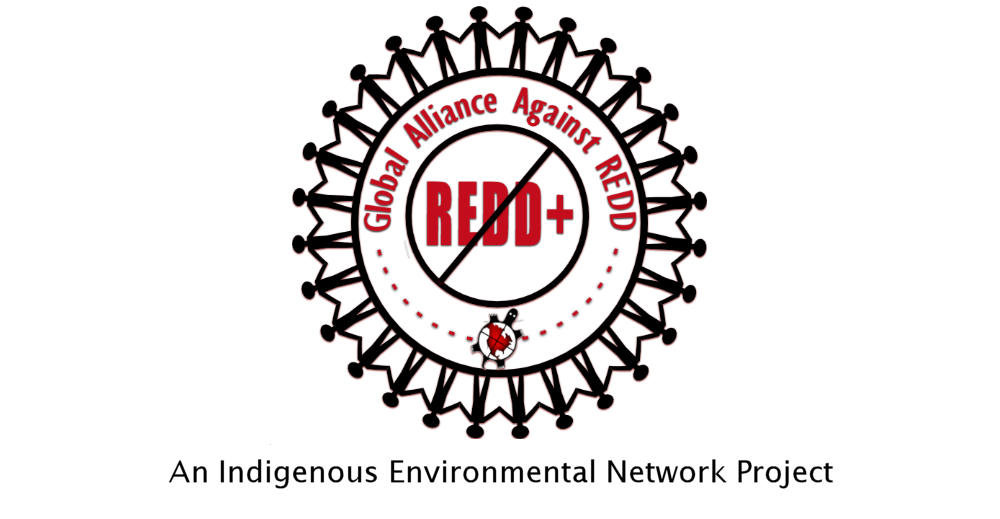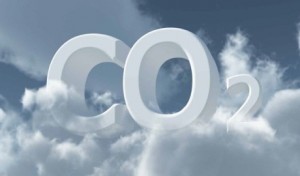A new documentary, “Carbon Crooks”, will be broadcast on 9 September 2013 in Denmark. The film is directed by Tom Heinemann and documents the failure of carbon trading to address climate change and investigates some of the fraud in the carbon markets.
A trailer of the film has been released [watch below], and it looks great. The first interview in the trailer is with Daniel Butler, who was a carbon trader between 2004 and 2011. He broke the story about the stealing of €10 million worth of European Union emissions allowances (EUAs) from the Czech Republic’s carbon registry in January 2011. “In the early days it was a good business. I could make roughly €50,000 in five minutes,” Butler says.
The documentary team also interviews Ritt Bjerregaard, an EU Commissioner who was in Kyoto in 1997 as part of the EU team negotiating the Kyoto Protocol. The interview is available here (in Danish). Bjerregaard explains that the EU would have preferred a tax on carbon, coupled with guidance on reducing emissions and removing some coal-fired power plants. “It was an attempt to change our way to use our energy,” she says in the interview.
But it wasn’t to be. Al Gore led the US negotiating team and pushed carbon trading into the Kyoto Protocol. More than 15 years after Kyoto, greenhouse gas levels in the atmosphere are higher than ever. Bjerregaard comments,
“Although I only have my knowledge from the media, it is clear that our scepticism about the market system has proved to be correct. The trouble is that the world is so dependent on energy, there is no desire to change anything. Apparently there must be truly great disasters in order to get the necessary changes.”
The documentary looks into crime in the carbon markets. Marius-Christian Frunza is a lecturer at Sorbonne and Dorphine University. He’s written a book titled, “Fraud and Carbon Markets” (which REDD-Monitor will be reviewing in the coming weeks). He points out that,
“If you want to do crime and you want to be fast and untraceable, carbon is one of the perfect candidates.”
I’m very much looking forward to seeing more of the next part of the trailer. Two men are walking down a street on a brick-built housing estate, presumably in Denmark. One of them is talking:
“Who is Mirza Ghalib? He’s India’s national poet. India’s H.C. Andersen and also his contemporary. He died in 1869. But is registered as a carbon trader at this address.”
The documentary also looks projects that generate carbon credits in the global South. At “smokeless” factories in Bangladesh, where the air is so bad the film crew can hardly breathe. And water purification filters that were handed out in Kenya supposedly to reduce the amount of firewood used to boil water, but which few people actually use.
There’s also an interview with EU Environment Commissioner, Connie Hedegaard. The interview is available here (in Danish). Hedegaard is still in favour of carbon trading and argues that Kyoto is a success, “because the alternative would have been worse”.
“I actually think that Europe went home and implemented what was agreed at Kyoto, and it has been shown to have an effect. We are more advanced than we otherwise would have come – even if there are many problems in the system.”
But as Kevin Anderson, Professor at Manchester University points out,
Many billions, possibly even hundreds of billions of pounds of carbon is getting traded. That has nothing to do directly with climate change.
Here’s the trailer. If you’re in Denmark, you can watch it on 9 September 2013. If not, you can buy it via the documentary website.

